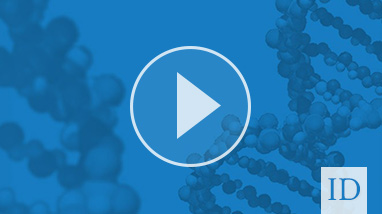
Classic Darwinist Tactics: When the Evidence Fails, Strategize!
On this episode of ID the Future, Casey Luskin finishes up his review of Karl Giberson and Francis Collins’ The Language of Science and Faith. In this sixth and final part of Luskin’s review, he delves into a discussion about the contradictions, irony, and appeals to authority that permeate the book. Read More ›
